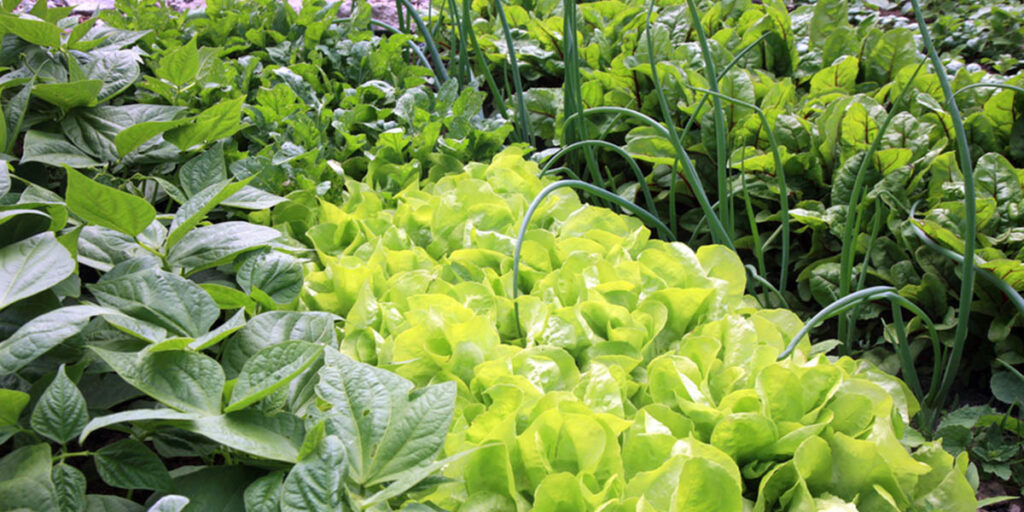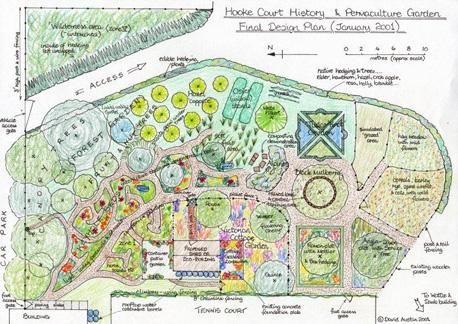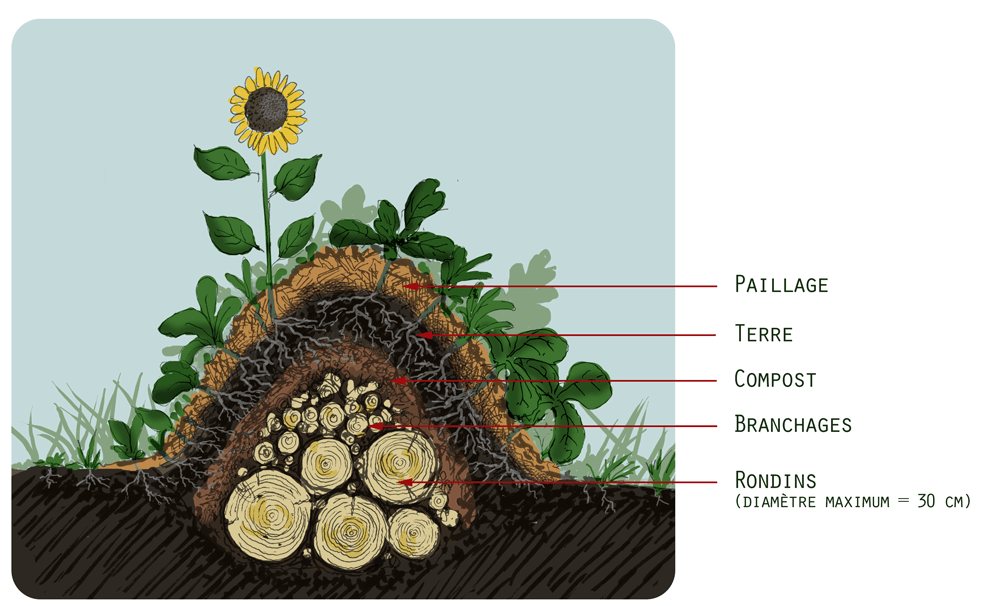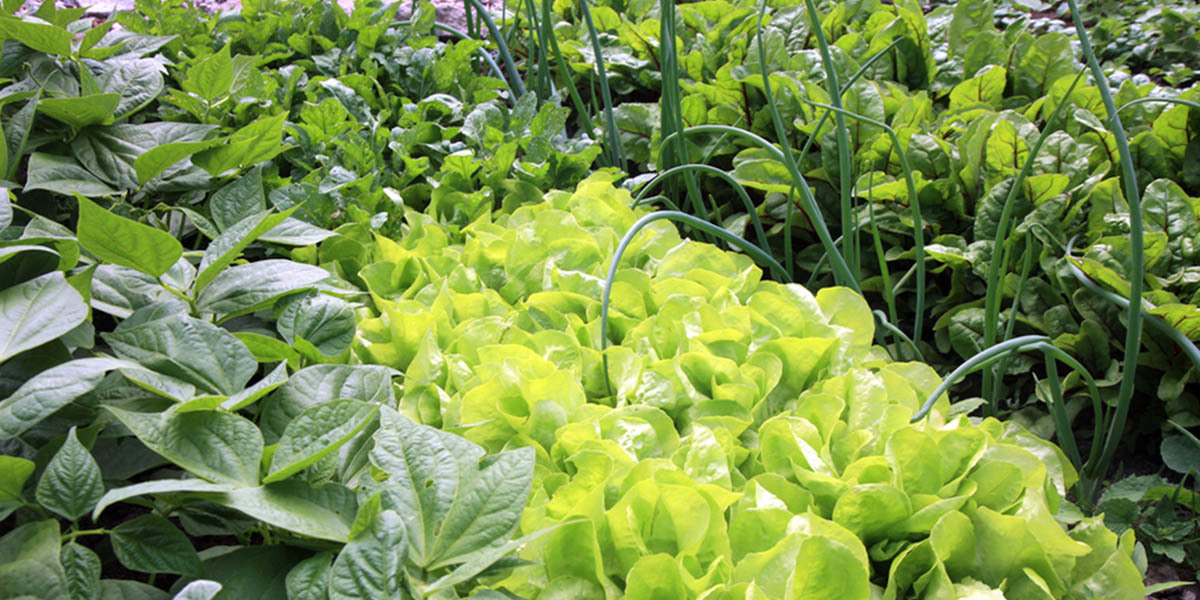
If there is one subject that questions and fascinates, it is permaculture.
How to explain this craze? Is it because permaculture is truly revolutionary and will save the world? Wouldn’t it be more because the question “What is permaculture?” », There are a multitude of answers.
Permaculture, what is it?
“Permaculture is a systemic and comprehensive method which aims to design systems (eg human habitats and agricultural systems but this can be applied to any system) by drawing inspiration from natural ecology (biomimicry) and of tradition »Wikipedia.
permaculture or “permanent agriculture” is to take inspiration from nature to meet our needs without degrading the planet.
Ethics and the main principles
Ethics have an important place in permaculture and are based on three main principles defined by its founders: taking care of the earth, taking care of people and sharing equitably.
The method consists in considering the garden in a global way, taking into account the existing but also the interactions of all the elements that constitute it: plants, animals, people. It makes it possible to strive for autonomy by cultivating, almost everywhere, edible plants while saving natural resources but also time.
In practice, what does permaculture give?
In permaculture, the range of practices is wide since we reason in terms of systems where everything is intimately linked and where we must constantly adapt our techniques to the evolution of our garden. Among the many practices, three seem essential to me:
The conception or “design”
To make a permacultural system work, the design stage is crucial. It makes it possible to organize and link spaces between them, takes into account the habitat and is based on careful observations of the existing, of nature … It is a starting point which is not intended to freeze the garden, it will be brought to evolve, as it grows and experiments.

Respect for the soil
Tillage, in its traditional conception, is almost absent in permaculture. No deep plowing with the tractor but a very particular care for the living beings which inhabit it, factor of humus. As in the organic garden, mulching plays an essential role in permaculture. It limits weeding and watering, protects the soil and maintains its fertility. Strictly speaking, the concept of waste does not exist: everything is a resource!
Cultivation on buttle
Among the best-known techniques, the butte is emblematic (and on the menu, the recipes are numerous: “filled” forest mound, sandwich mounds and even lasagna!). They are appreciated for their ergonomics and allow abundant harvesting on a small area. Deemed to be self-fertile and maintenance-free, they are durable. Once mounted, they no longer require tillage. Not necessarily useful everywhere, these mounds are nevertheless providential in degraded environments and wherever the soil depth is not sufficient.

The excesses of permaculture: beware of the gurus!
Much more than a gardening or market gardening method, permaculture is sometimes presented as a philosophy and this is where the shoe pinches sometimes. Because, from philosophy to religion, there is sometimes only one step … which can be taken quickly, with a whole set of positions that are sometimes fanciful, more or less open.
Likewise, permaculture does not seem to be immune to the law of supply and demand. While natural or organic gardening courses are rather rare, the supply of permaculture internships has literally exploded in recent years. Alongside serious centers now flourish many e-book or online training proposals, of questionable quality. And as you might expect, this knowledge is not shared for free. Prices can easily reach several hundred euros. Don’t be fooled, you don’t become a permaculturist in a few hours!

